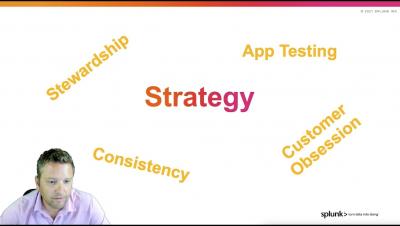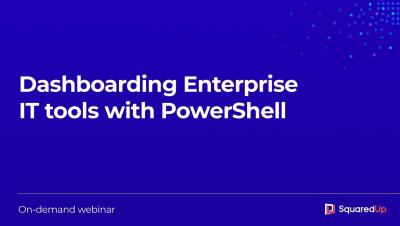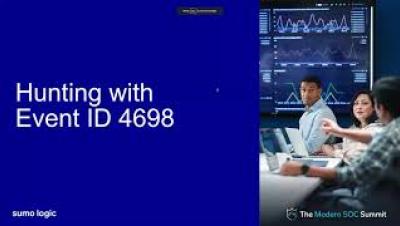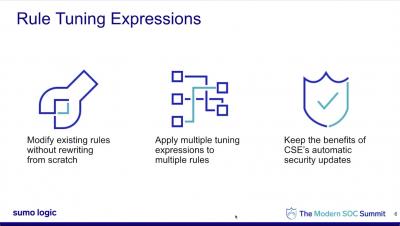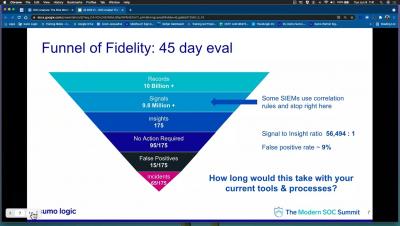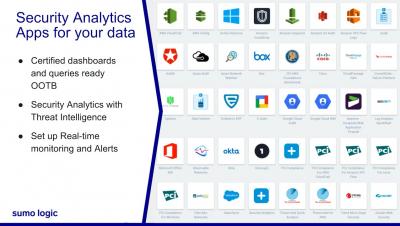Building Reliable Applications Webinar 6 17 21
Test-driven development (TDD) is a process that ensures quality in the applications we develop while guarding against feature creep/skew. But as our applications have become increasingly complex, traditional testing methods are not enough. Traditional testing only evaluates what we know, but complex systems often fail due to unknowns—the things that are almost impossible to test because we are unaware of them. Chaos Engineering is the exception that allows us to test for what we don’t know.




